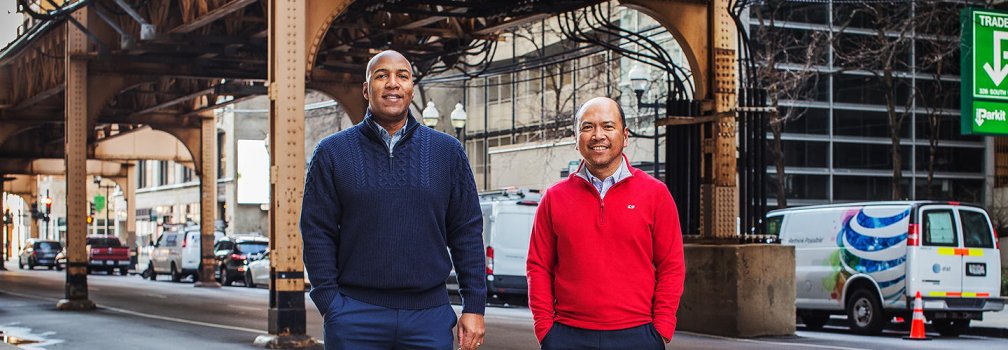K
Kathleen Martin
Guest
The Regional Transportation Authority of Northeastern Illinois (RTA), faced with sweeping shutdowns due to COVID-19, announced that its workforce would be fully remote after March 13, 2020, until further notice.
Everyone, that is, except for its call center staff. While the rest of the agency settled into home offices, call center staffers went into the office to retrieve voicemails and return messages.
“We were able to manage,” says Gerry Tumbali, engineering and technology division manager at the RTA. “But, obviously, our customer service interaction suffered.”
By June 2020, the agency was able to replace its legacy on-premises Cisco unified collaboration system with cloud-based Cisco Webex. Once that was in place, the RTA’s call center staff was finally able to work from home.
Regions and municipalities around the country in recent years have been moving to the cloud and using Internet of Things sensors to boost efficiency and improve transportation safety. Some agencies froze those plans to respond to pandemic-related crises. For others, such as the RTA, the pandemic accelerated the urgency of modernization.
“It was more or less a natural disaster that didn’t end,” Matt Arcaro, next-generation automotive and transportation research manager at IDC, says of the COVID-19 crisis. The length and severity of the pandemic gave agencies a chance to step back and look at existing challenges, as well as opportunities, through a new lens.
“There’s a better way to do this besides the traditional example of more traffic, therefore more traffic lanes,” says Arcaro. “That’s a paradigm that we know is broken.”
Municipalities Start to Rethink Transportation
One community in Florida is in a unique position to build forward-thinking systems from the ground up. Lake Nona, a 17-square-mile district in Orlando, has spent the past 15 years growing its reputation as a living lab.
“I’ve seen some incredible ideas from a smart city perspective that stay on paper,” explains Juan Santos, senior vice president of brand experience and innovation at Tavistock Development, which develops and manages the 18,000- resident master-designed community. “This is a place where you can take great ideas and see them realized very quickly.”
Continue reading: https://statetechmagazine.com/article/2022/01/cities-adopt-cloud-computing-and-iot-smarter-transportation
Everyone, that is, except for its call center staff. While the rest of the agency settled into home offices, call center staffers went into the office to retrieve voicemails and return messages.
“We were able to manage,” says Gerry Tumbali, engineering and technology division manager at the RTA. “But, obviously, our customer service interaction suffered.”
By June 2020, the agency was able to replace its legacy on-premises Cisco unified collaboration system with cloud-based Cisco Webex. Once that was in place, the RTA’s call center staff was finally able to work from home.
Regions and municipalities around the country in recent years have been moving to the cloud and using Internet of Things sensors to boost efficiency and improve transportation safety. Some agencies froze those plans to respond to pandemic-related crises. For others, such as the RTA, the pandemic accelerated the urgency of modernization.
“It was more or less a natural disaster that didn’t end,” Matt Arcaro, next-generation automotive and transportation research manager at IDC, says of the COVID-19 crisis. The length and severity of the pandemic gave agencies a chance to step back and look at existing challenges, as well as opportunities, through a new lens.
“There’s a better way to do this besides the traditional example of more traffic, therefore more traffic lanes,” says Arcaro. “That’s a paradigm that we know is broken.”
Municipalities Start to Rethink Transportation
One community in Florida is in a unique position to build forward-thinking systems from the ground up. Lake Nona, a 17-square-mile district in Orlando, has spent the past 15 years growing its reputation as a living lab.
“I’ve seen some incredible ideas from a smart city perspective that stay on paper,” explains Juan Santos, senior vice president of brand experience and innovation at Tavistock Development, which develops and manages the 18,000- resident master-designed community. “This is a place where you can take great ideas and see them realized very quickly.”
Continue reading: https://statetechmagazine.com/article/2022/01/cities-adopt-cloud-computing-and-iot-smarter-transportation

